Financial Institutions and private investors are being urged to invest in the cultural industries.
This call has come from Minister of Culture, Stephen Lashley, as he delivered remarks at the Cultural Industries Symposium 2016 Investors’ Forum and Breakfast, held today at the Barbados Hilton Resort.
Mr. Lashley stated that Government recognised and embraced the idea that creativity could generate “significantly higher economic revenue”, and stressed that support must come from both Government and the private sector.
He told the representatives from several financial institutions that Government’s continued commitment to the development and promotion of a competitive cultural and creative industry in Barbados could be seen through the enactment of the Cultural Industries Development Act. He especially highlighted Section 31 of the Act, which spoke specifically to investment and returns to investors.
Highlighting the importance of the creative sector’s development, the Culture Minister added: “A creative nation is a productive nation… Creativity is the fastest growing business in the world.”
The Investors’ Forum was aimed at speaking to the financial regulations and requirements involved in conducting business with cultural and creative industry practitioners.
In total, 13 financial institutions and potential corporate investors attended the event, including First Citizens Bank, Barbados Public Workers’ Cooperative Credit Union Limited, Caribbean Export Development Agency and Globe Finance.
jamal.weekes@barbados.gov.bb

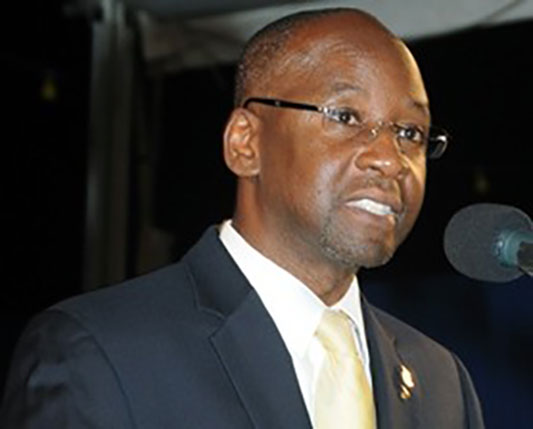
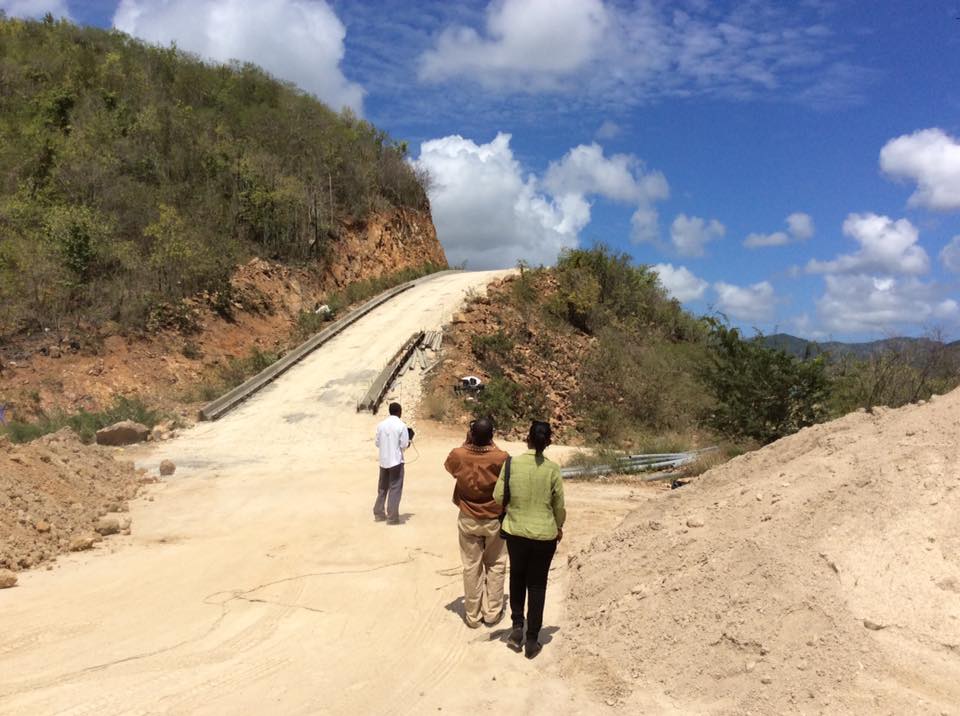
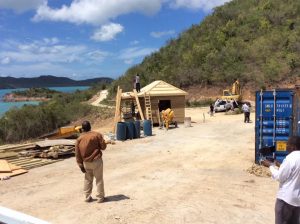



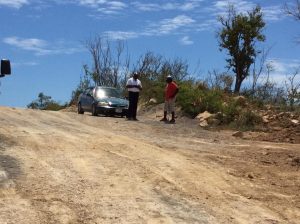

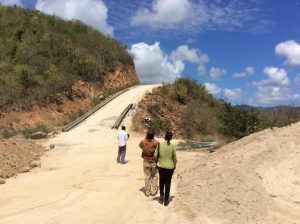


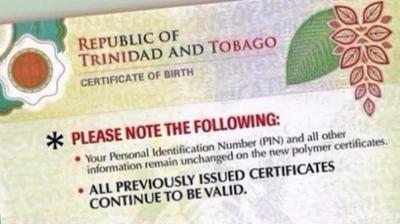
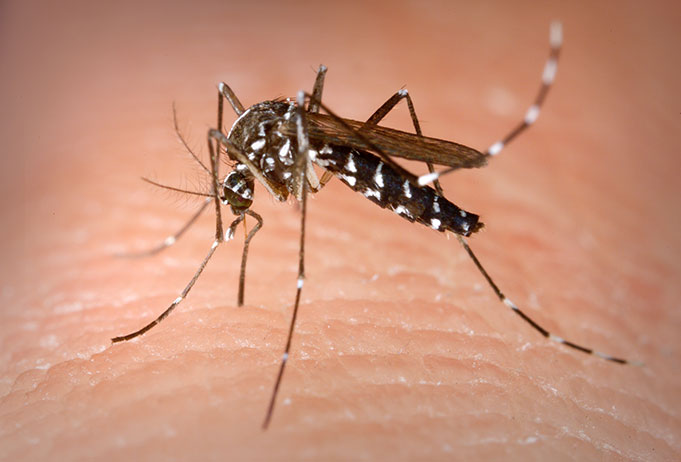
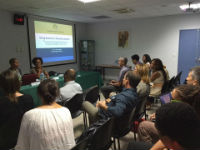
 Sobers Esprit also participated at the International Trade Forum, delivering a presentation on “OECS and Martinique Exporting Creative Industries”. Esprit reinforced the case for greater collaboration among OECS Member States in developing and expanding opportunities in the creative industries sector. He spoke of the vast potential and marketability of OECS creative industries especially in the areas of music, entertainment, fashion and handicraft. He implored listeners to examine ways in which the OECS and Martinique should work together to increase investment in education, training, marketing, the development of artists and showcasing of OECS talent. He reminded participants that for a stronger and more robust cultural industry programme, the region needs to pay greater attention to international developments in order to compete in the complex and fluid landscape in which it operates. Mr. Esprit indicated that despite the tremendous talent to be found in the region, there was a trade deficit in cultural and creative goods and services from the region to global markets. He further indicated that this could be overcome by working together to better understand and deliver on what the global market is demanding for cultural and creative goods: “For us to see greater exports in the creative sector we need to expand on the creative eco-system by providing new incentives to artists and producers. We must work together in the production and marketing of our products, improve our training of artistes, designers and other creative talents, protecting the intellectual property of our creative people, embracing and utilizing new media and technology and stimulating local interest for the creative goods and services.”
Sobers Esprit also participated at the International Trade Forum, delivering a presentation on “OECS and Martinique Exporting Creative Industries”. Esprit reinforced the case for greater collaboration among OECS Member States in developing and expanding opportunities in the creative industries sector. He spoke of the vast potential and marketability of OECS creative industries especially in the areas of music, entertainment, fashion and handicraft. He implored listeners to examine ways in which the OECS and Martinique should work together to increase investment in education, training, marketing, the development of artists and showcasing of OECS talent. He reminded participants that for a stronger and more robust cultural industry programme, the region needs to pay greater attention to international developments in order to compete in the complex and fluid landscape in which it operates. Mr. Esprit indicated that despite the tremendous talent to be found in the region, there was a trade deficit in cultural and creative goods and services from the region to global markets. He further indicated that this could be overcome by working together to better understand and deliver on what the global market is demanding for cultural and creative goods: “For us to see greater exports in the creative sector we need to expand on the creative eco-system by providing new incentives to artists and producers. We must work together in the production and marketing of our products, improve our training of artistes, designers and other creative talents, protecting the intellectual property of our creative people, embracing and utilizing new media and technology and stimulating local interest for the creative goods and services.”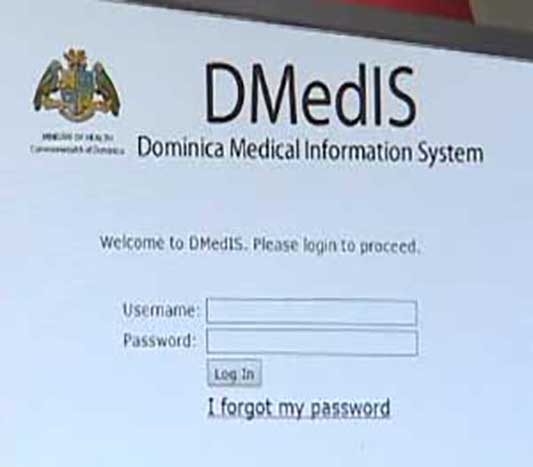
 Currently, more recent patient records are being entered into the system, and later older data will be added.
Currently, more recent patient records are being entered into the system, and later older data will be added.


